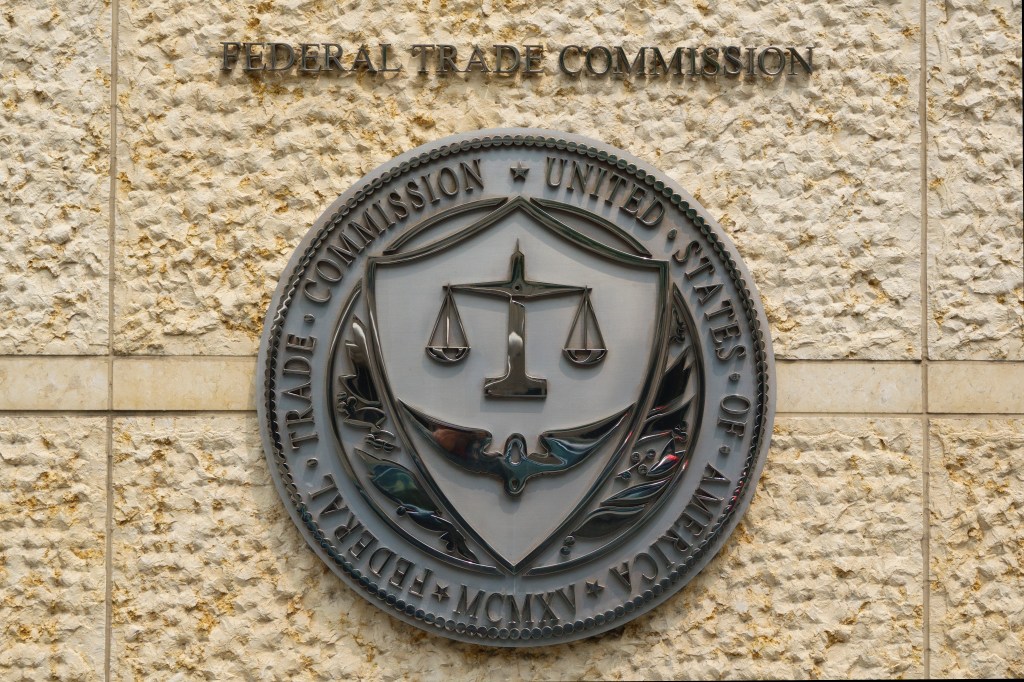An impressive panel of legal and compliance experts provided a fascinating discussion on the hiring environment within the compliance and legal industry at hedge funds in the UK at the HFM Legal Summit. The event was held at Pennyhill Park spa and hotel in Surrey, just outside London, in late
Register for free to keep reading
To continue reading this article and unlock full access to GRIP, register now. You’ll enjoy free access to all content until our subscription service launches in early 2026.
- Unlimited access to industry insights
- Stay on top of key rules and regulatory changes with our Rules Navigator
- Ad-free experience with no distractions
- Regular podcasts from trusted external experts
- Fresh compliance and regulatory content every day













